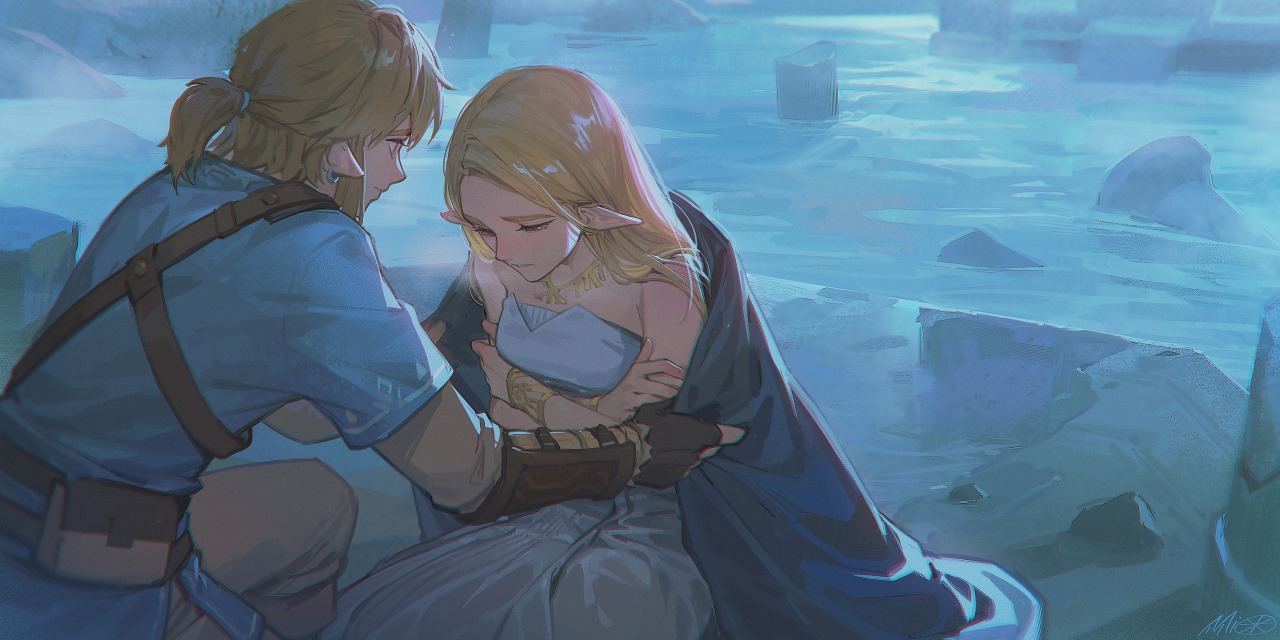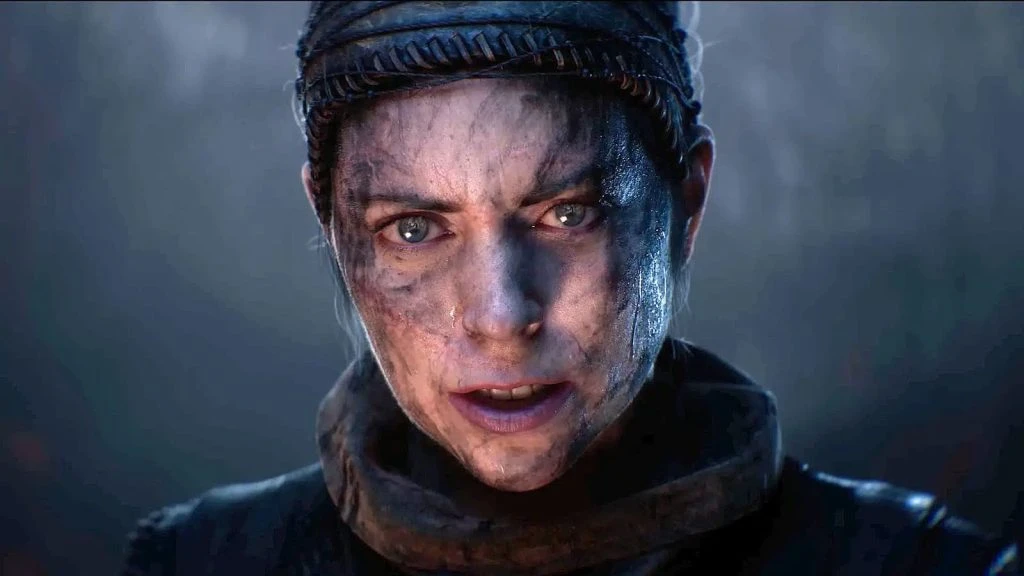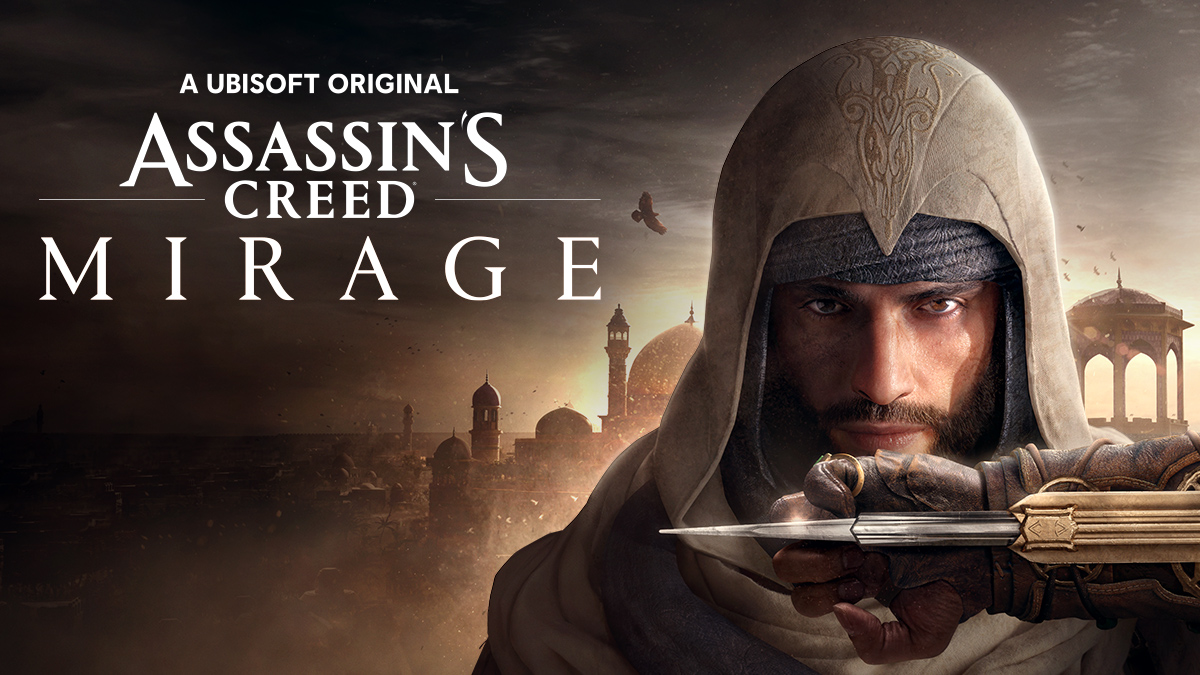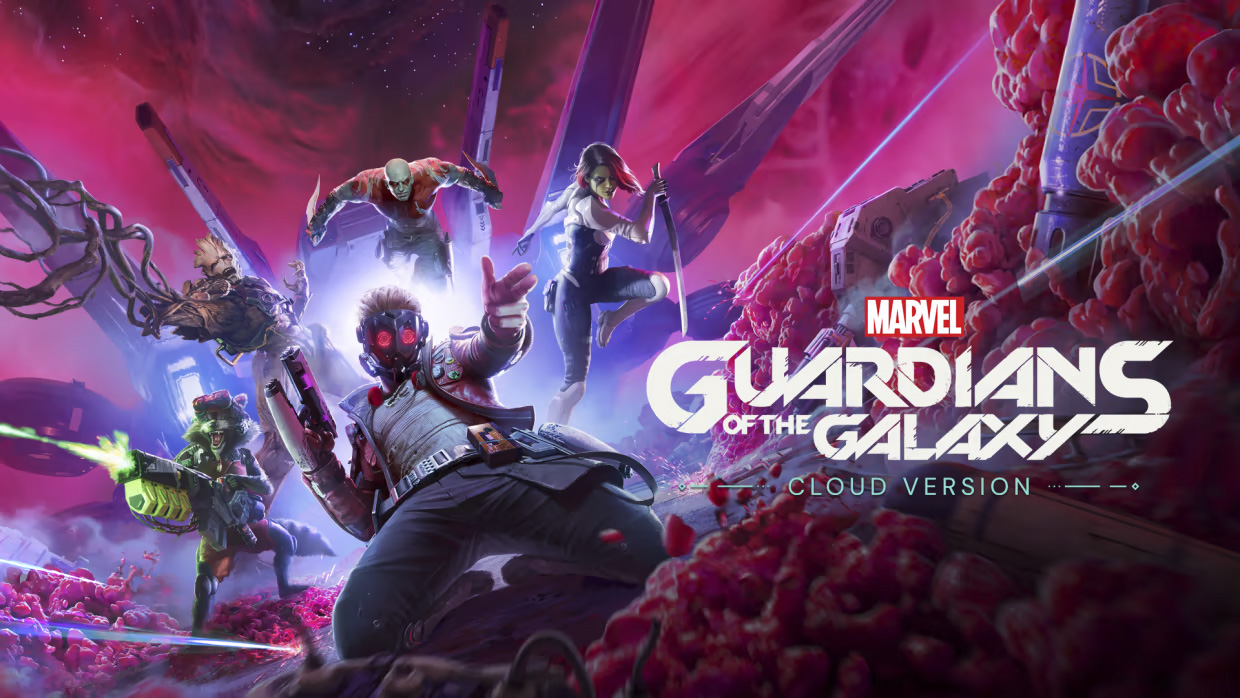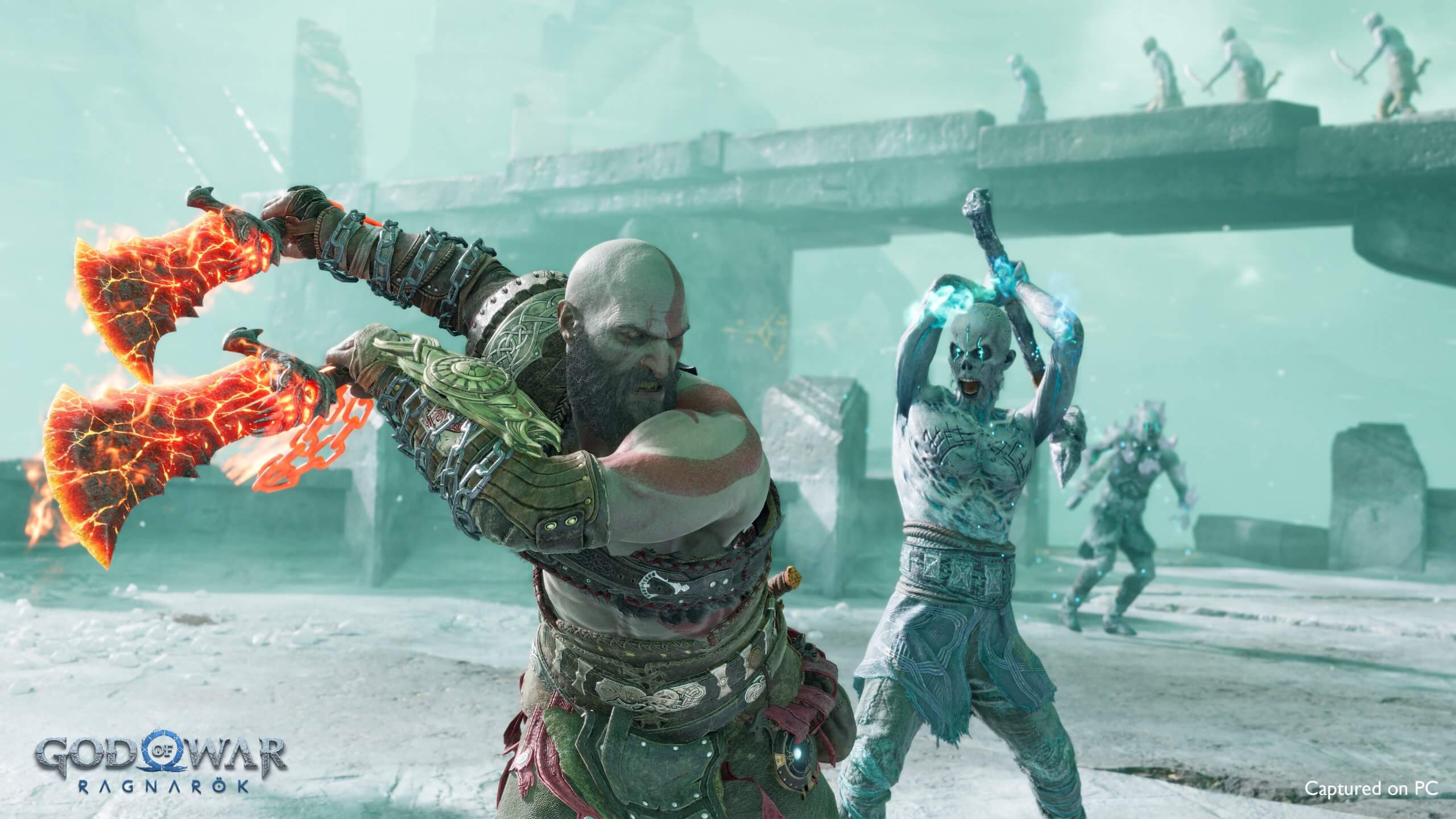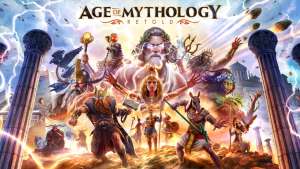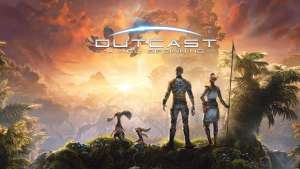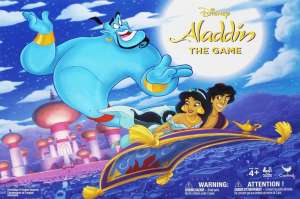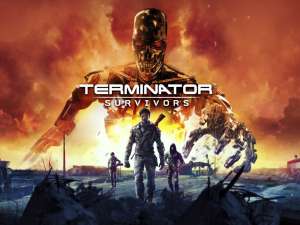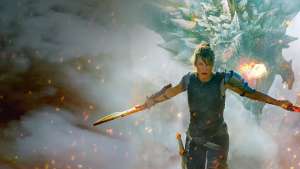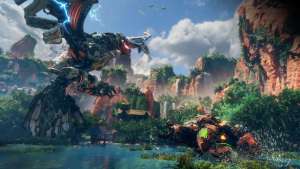When The Legend of Zelda: Breath of the Wild launched in March 2017, it didn’t just arrive—it cracked the foundations of what we thought open-world games could be. At the same time that the Nintendo Switch was making its debut, this game carried the weight of both reviving a legendary franchise and proving the power of a brand-new console. No small task, yet it did more than deliver. It redefined the design philosophy of Zelda games, reinvented open-world freedom, and managed to feel both wildly new and deeply familiar.
Unlike its more linear predecessors, this Zelda entry let go of boundaries—literally. From the moment Link stepped out of the Shrine of Resurrection and stood on that iconic cliffside vista overlooking Hyrule, it was clear: the rules had changed. No longer bound by carefully gated dungeons or predetermined quest orders, players were free to climb, glide, fight, and solve in whatever way their minds could conceive. And that sense of freedom wasn’t an illusion. It was backed by one of the most responsive and flexible game engines Nintendo had ever built—an engine where fire spread naturally, metal conducted electricity, and gravity could be used as a weapon.

